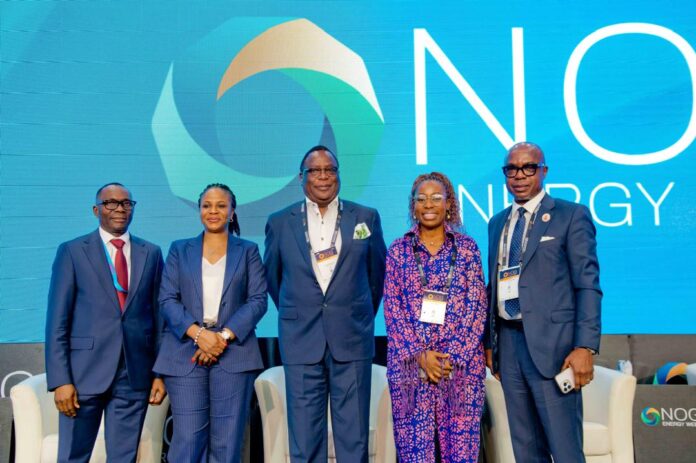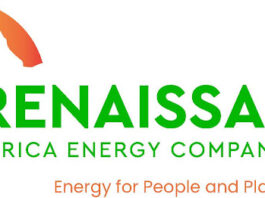The Nigerian Oil and Gas Industry Content Development (NOGICD) Act has been instrumental in the growth and advancement of Nigeria’s cable manufacturing sector, the Chief Executive Officer of MicCom Cables and Wires Ltd and President of the Cable Manufacturers Association of Nigeria (CAMAN), Mrs. Bukola Adubi, has said.
Speaking at the 24th NOG Energy Week in Abuja, where she moderated a panel session on the “Impact of the NOGICD Act on the Ease of Doing Business and Cost Competitiveness,” Adubi emphasized how the legislation has created opportunities for indigenous cable manufacturers to thrive. “For my industry (cables and wires) we can absolutely and categorically state that the NOGICD Act has been pivotal in our growth,” she said.
The panel featured other key industry figures including Barr. Naboth Onyesoh, Acting Director of Legal Services at the Nigerian Content Development and Monitoring Board (NCDMB); Rosario Osobase, Chairperson of the Petroleum Contractors Trade Section (PCTS) and Managing Director of Tenaris Nigeria; and Engr. Wole Ogunsanya, Chairman of the Petroleum Technology Association of Nigeria (PETAN). The speakers collectively called for additional incentives such as tax reliefs to strengthen local manufacturing, warning that without a robust industrial base, Nigeria’s local content policy would remain largely symbolic.
Since its enactment in 2010, the NOGICD Act has played a central role in promoting indigenous participation, skill development, and value addition in Nigeria’s oil and gas industry. Recent policy actions, including Presidential Directives and the “Nigeria First Policy,” have been introduced to reduce operational costs, attract investment, and stimulate local production.
On the sidelines of the event, Adubi announced that MicCom Cables, which was a platinum sponsor, is scaling up its operations as part of a renewed growth strategy to increase visibility and market share across Nigeria. “We are expanding our scope and increasing our visibility across key markets within Nigeria,” she said. “Our goal is to ensure that Nigerian-made cables are widely recognized for their quality and reliability.”
Despite challenges such as the surging cost of copper, now nearing $10,000 per metric ton, she noted that the company remains committed to high production standards and brand integrity. “All we truly have—beyond infrastructure—is our name, our equity, and our association with excellence,” she said.
Adubi also stressed the importance of making International Oil Companies (IOCs) recognize the capabilities of Nigerian manufacturers, insisting that local content should translate into performance and global competitiveness.
As CAMAN President, she encouraged more member companies to obtain the certifications required to participate in the oil and gas value chain, noting that some members already supplying to the industry are performing well and helping to boost confidence in local production.
She further emphasized the urgent need for investment in gas pipeline infrastructure to enable industries to switch to cleaner and more efficient energy sources such as Compressed Natural Gas (CNG). “There’s immense potential in gas for industrial growth, but until the pipeline infrastructure is addressed, we’re limited in how much we can benefit,” she said.
Established in 1978, MicCom is Nigeria’s first indigenous cable manufacturing company and holds triple ISO certifications in quality management, environmental management, and occupational health and safety.
MicCom’s renewed domestic focus aligns with Nigeria’s drive to boost local manufacturing, reduce import dependence, and build globally competitive industrial brands rooted in strong local performance.








